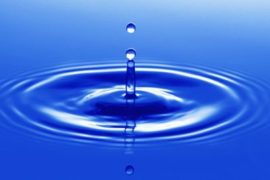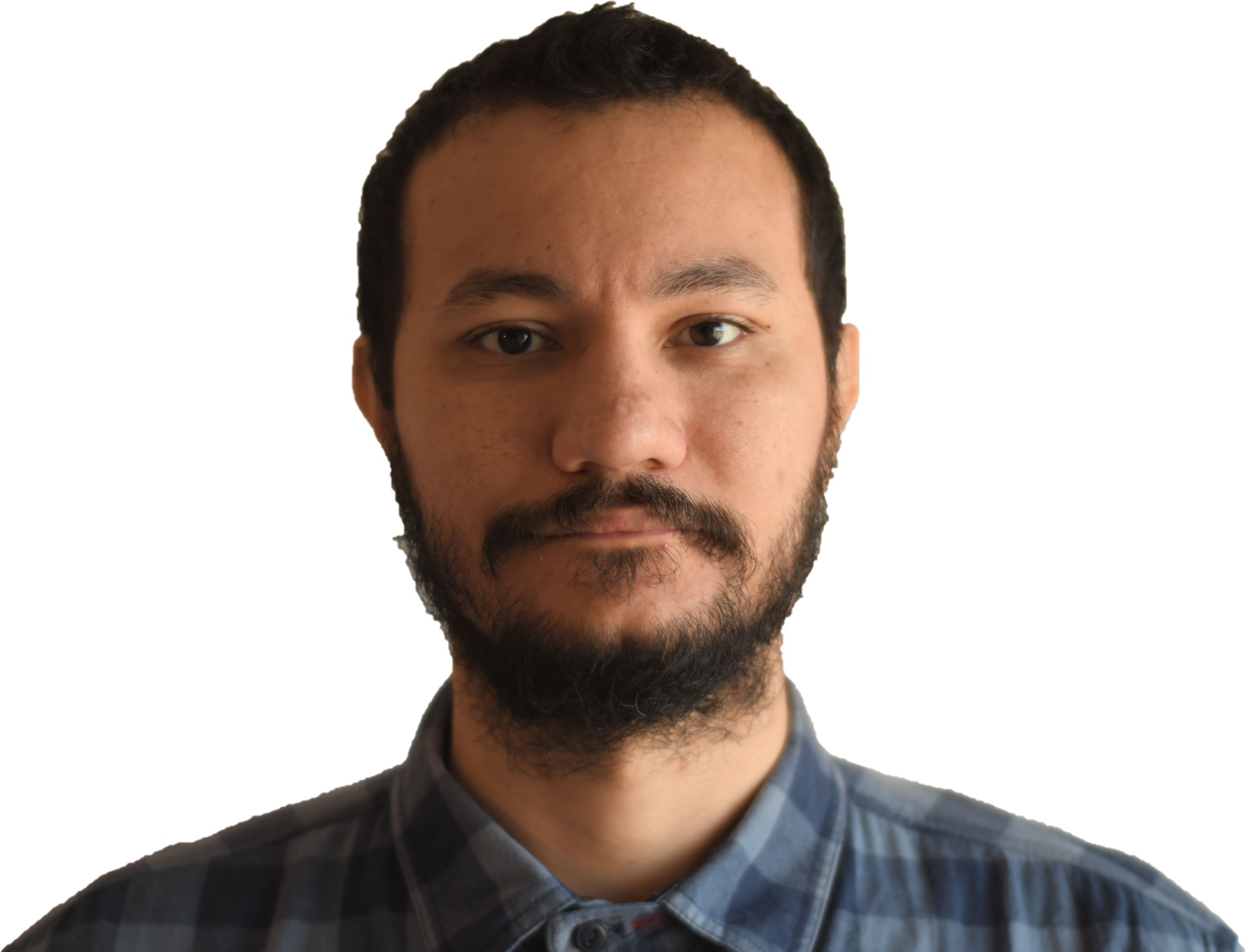
ENV 320: Water Resources: Environment, Society, and Power
Course Description
Water plays a central part in our lives. Almost all human activities are dependent on water and the functioning of ecosystems; the well-being of the environment, industries, and the economy; agriculture and food production, and beyond. This course aims to understand the science behind human-aquatic relationships. The interdependencies and linkages between water, the environment, and human activities demands a transdisciplinary approach. Thus, this course is based on three epistemic pillars: Environmental Studies, Political Science, and Public Health.
“The looming global water crisis”, “billions without clear water”, “investments in desalination plants”, are just a few of the headlines making the news every day, all over the world. From children dying from water borne illnesses and US cities running out of water to melting glaciers and rising ocean levels, water has become a fundamental political issue.
Scientists teach us that water can neither be created nor destroyed. We will therefore ask when and how water becomes scarce. Scarcity is an economic category and caused when something is made into a resource, i.e., paid for. The industrial mode of production and resulting social perception of the world around us converts natural abundances into scarce economic resources.
We will debate the literature on water from a planetary perspective and yet, immerse ourselves in the local situation. We will focus on Lago Trasimeno and the vernacular fishing activity still present in the region. Why has the lake fish lost its place at the dinner table of local families? How do global markets affect local activities? What are the alternatives to protect people’s water and the activities that derive from it? The qualitative research will provide the basis for the field trips, when students will be exposed to the lake and its history, will meet local fishermen and their traditional activities, and will experience the preparation and the traditional tastes of lake food.
Course Objectives
By the end of the course, students will be able to:
- compare the cultural and biological significance of water in the context of promoting public health and protecting the environment;
- list some of the connections between water and the following: health, food, economics, trade, development, energy, food, and land use;
- identify the ways water scarcity has made water an important economic resource and how the political uses of water have shaped Italy, Italian culture, and Italy’s demographics;
- provide innovative strategies for promoting sustainable water use that could be transferred from the Italian to the American context to increase sustainability without negatively affecting environmental justice;
- evaluate qualitative analysis of the data relative to community engagement projects at Lake Trasimeno;
- communicate their research about real-world challenges relating to water systems using twenty-first-century tools while practicing systematic, ethical, and public-facing scholarship. consumer level.
Course Materials
Mandatory course reader; available in digital format
Course Fees
Include a Guest Lecture and a Field trip to Lake Trasimeno
